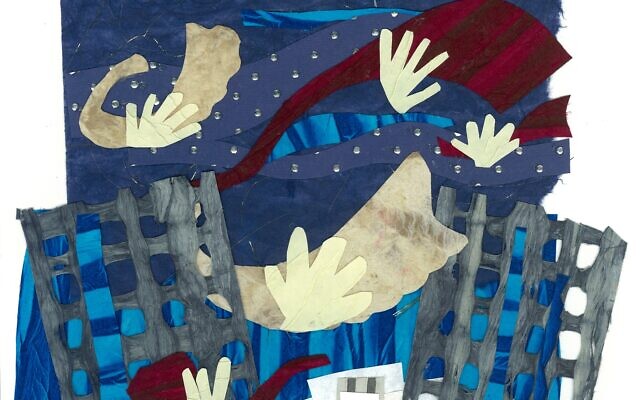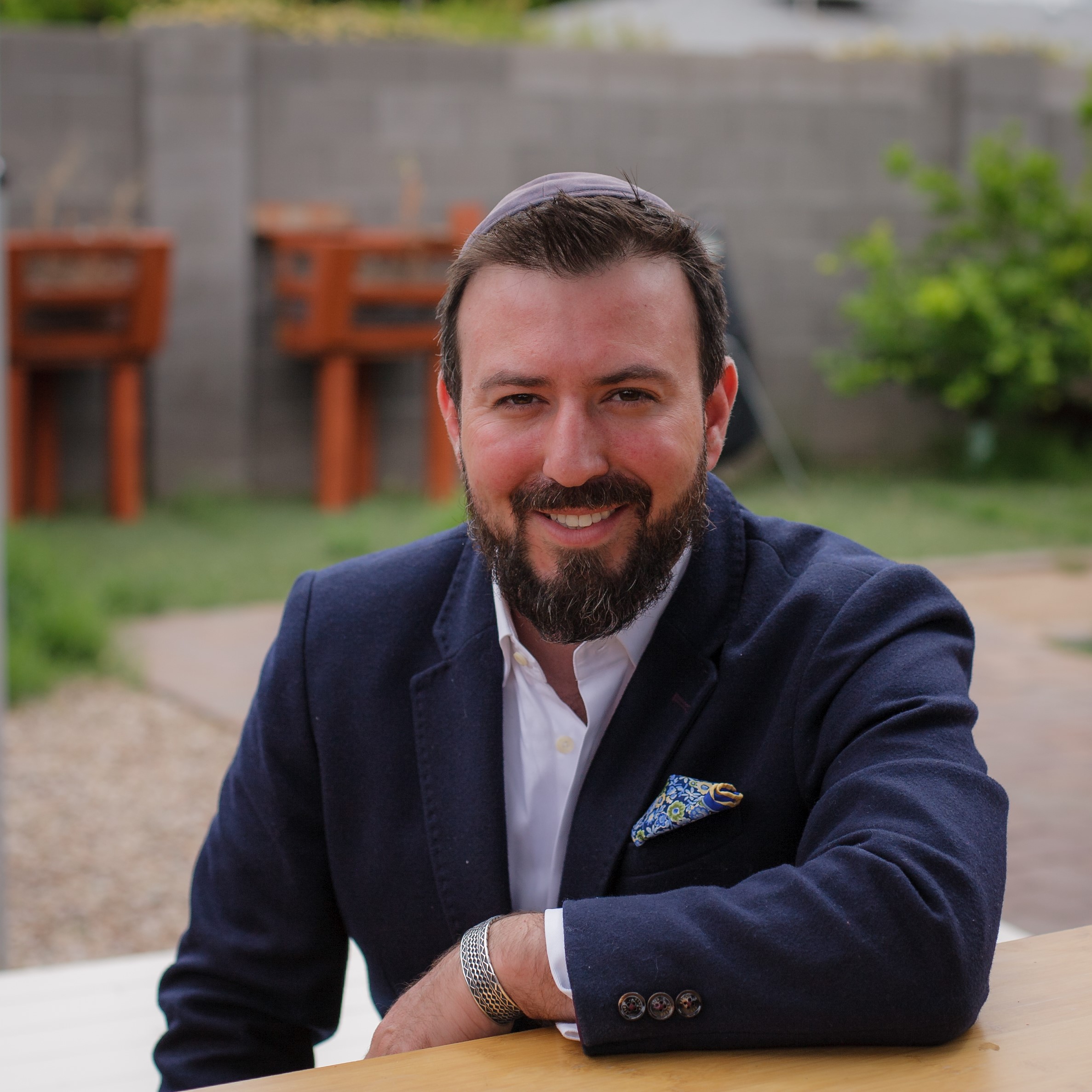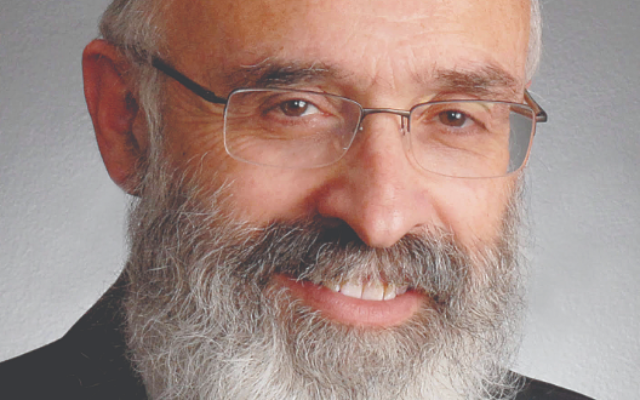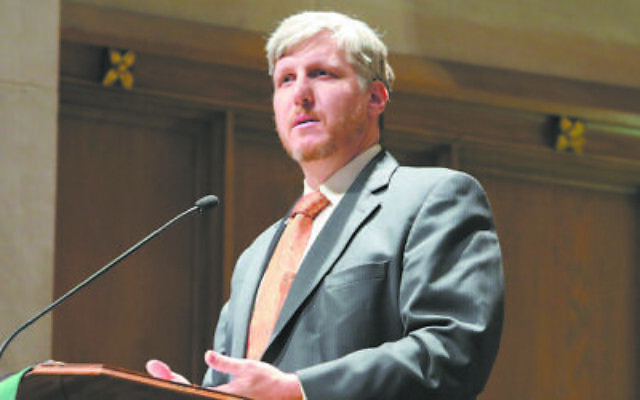Yom Kippur’s ‘Final Call’
The message of the concluding Neilah service ‘shines the spotlight on what matters most,’ whether during COVID or any year.

The vision of gates soon locking during Neilah, the final moments of Yom Kippur, is “one of the most exhilarating services of the High Holiday experience,” according to Rabbi Laurence Rosenthal of Congregation Ahavath Achim.
He said that image “creates not only an urgency to get our final prayers in, but also a feeling of euphoria that the end is near and we, as a community, were able to find redemption and return.”
Towards the end of the high holidays, beginning with Rosh Hashanah and ending with Yom Kippur, the figurative “Book of Life” inscribes and seals our fate for the year ahead.

Rabbi Jesse Charyn of Temple Beth David in Snellville said the Neilah closing service is “often understood as the ‘final call’ of Yom Kippur – thought to be the ultimate judgment.” According to Charyn, Neilah’s “imposing liturgy puts life in perspective and shines the spotlight on what matters most.” The message especially rings true this year in the midst of the global pandemic, Charyn explained. When the shofar is sounded at the conclusion of the Neilah service, it is no longer a wake-up call. The shofar’s sounds during Neilah are “meant to reverberate throughout the year as a reminder that returning to G-d is always possible,” Charyn said.

Rabbi Yossi New of Chabad’s Congregation Beth Tefillah, compares the high holidays 10-day period to scenes from a courtroom in which the presiding judge is G-d. “We are the defendants. Two teams of angels serve as the prosecutors and defense.” At Neilah, he said, the shofar recalls a trumpet’s triumphant sound, as if it were a proclamation of a victory. “There is an expression of confidence that we will be signed and be sealed for the year ahead.” When asked to explain the significance of the metaphor of gates closing after the Neilah service, New said the gates are more accessible now during the high holidays “with easy and direct access to G-d. The rest of the year Heaven is like a heavily guarded building with strong security. Access and entry is possible but more difficult.” He added, “this is a propitious time for Teshuvah – to return to our true selves – the good self!”

Rosenthal shared his thoughts about how to envision both gates being closed and how the “book” is sealed at the end of Yom Kippur during the Neilah service. “I think they mean two different things. The gates are the gates of repentance and prayer which G-d holds open during this special time.” The Books of Life and Death are opened, and G-d inscribes our fate for the coming year, he said. Tradition tells us that the gates of prayer and repentance remain open for another 10 days until Hoshannah Rabbah.
“It makes me think that ‘the book’ is also cracked open a bit and maybe our fate isn’t inscribed as permanently as we might think.”
Many synagogues have a longstanding tradition of inviting anyone who brings a shofar to Neilah to blow it at the service conclusion as the final tekiah gedolah blast. With COVID this year, where most synagogues will limit attendance, this kind of a group shofar blowing will not be observed. Still, the service only held on the final evening of Yom Kippur is expected to end with traditional prayers and the shofar blast.
“There is a collective power to our prayers,” New said. While they may not be physically present in the synagogue because of the pandemic, “a person is still obligated to pray as an individual and can pray at home if needed,” he said.
Rosenthal summed up the impact of the pandemic year on the service. “Although it (Neilah) is going to be very different, it will be very meaningful – definitely one for the record books.”



comments